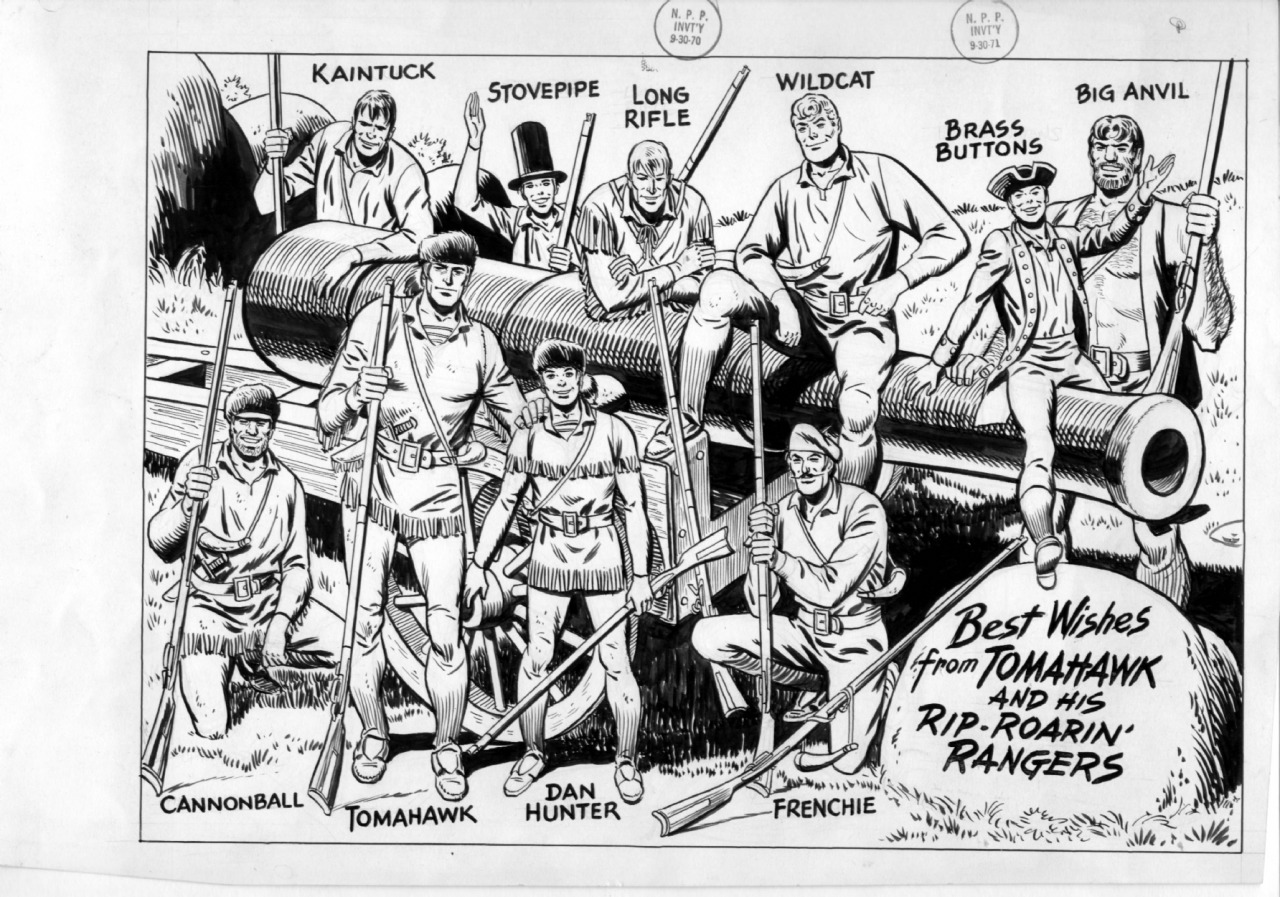Continuing my look at adapting 5e/Adventures in Middle Earth for a low magic game set around the time of the American Revolution. The fighter types are fairly usable as is; the spellcasters need some adaptation. Now it's time to look at various roguish sorts:
Rogue
The base Rogue class in 5e works fine as does the thief & assassin archetypes. The Arcane Trickster has so nice features that could maybe form the basis of a "magical trickster" or charlatan (wherein the magic is feigned or pretended), but as currently constituted it's too magical. The Mastermind and the Swashbuckler archetypes from the Sword Coast Adventure's Guide work too, the the latter would be a bit of a relic. Rogues would also be the class of choice for "Thief-takers" working on the opposite side of the law.
Bards
Obviously musicians and performers have always existed, but the inspirational "powers" of this class seem better suited at a time of revolutions for rabble-rousers, speechifiers, and pamphleteers: your Samuel Adamses and Thomas Paines.. The Warden class of AiME seems to get closest to this range of types without the use of spells, so it's probably a good bardic substitute.
6 hours ago


















